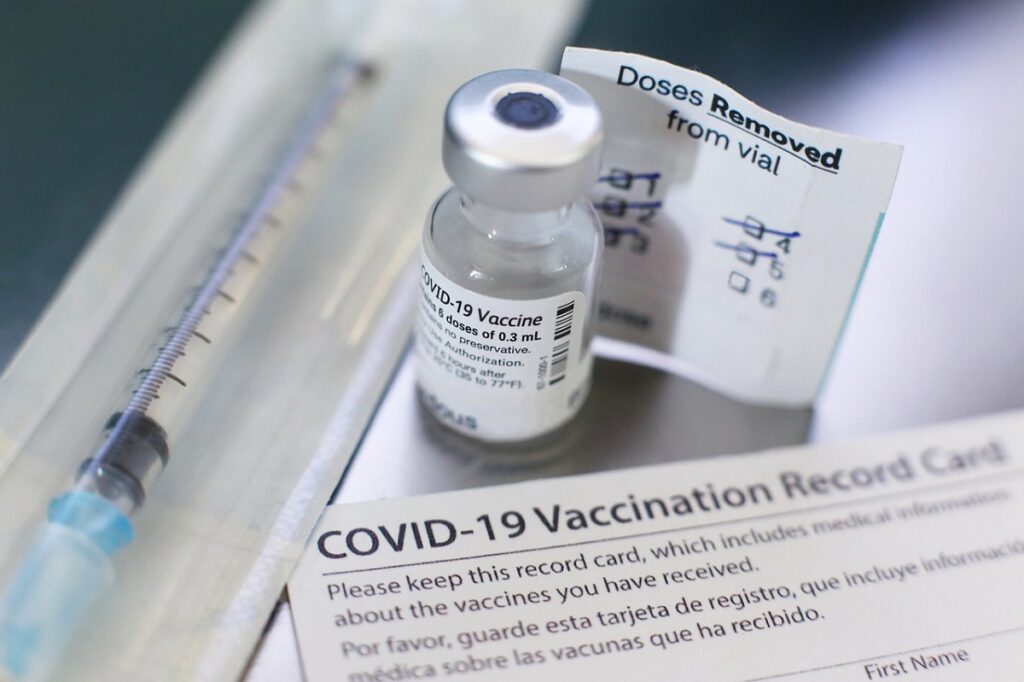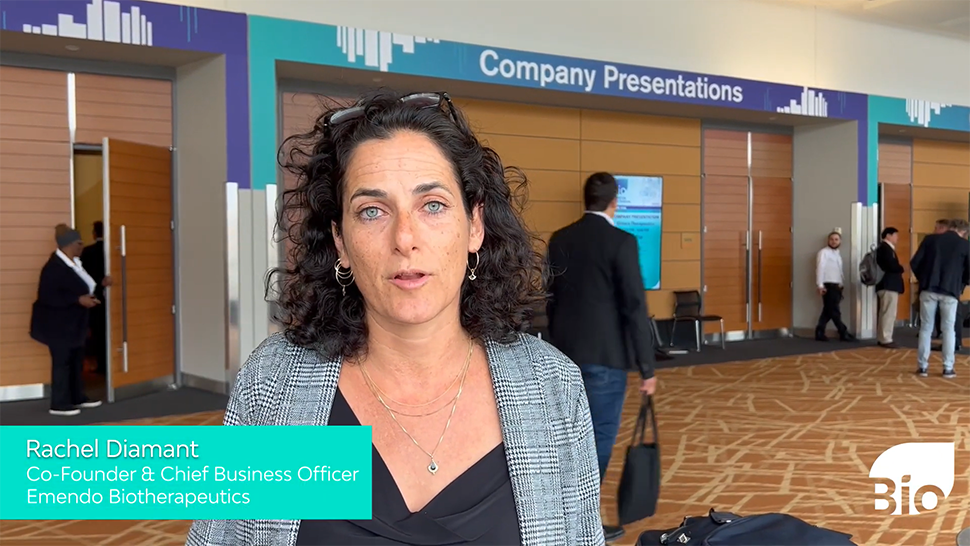Due to a shortage of funding, the U.S. government expects to “wind down” procuring and dispensing COVID-19 vaccines as early as January. Americans will need to use their insurance or pay for the doses out of pocket, Fortune reports.
To discuss the government’s intention of moving sales of COVID-19 vaccines and therapeutics to the commercial market, U.S. health officials called a meeting of over 100 representatives from pharma companies, state and local health departments, healthcare practitioners, and insurance companies on Tuesday, according to Dawn O’Connell, the administrator of the Health and Human Services Department’s Administration for Strategic Preparedness and Response.
Since the start of the epidemic, the U.S. government and drug manufacturers have talked about switching from the federal purchase of COVID injections and medications to commercial sales, similar to the way in which seasonal flu vaccines are provided. The long-awaited change may eventually result in American consumers paying more for COVID-19 vaccines.
“We have always intended to transition this work to the commercial market and have been planning for that transition for some time now,” O’Connell wrote Tuesday in a blog post. “Unfortunately, the timeline to make the transition has accelerated over the past six months without additional funds from Congress to support this work.”
Congress needs to take action to renew COVID-19 funding
According to O’Connell, 530 days have passed since the United States government obtained fresh financing for the COVID-19 response. As the supply runs out, the United States anticipates ceasing to pay for COVID-19 medications like Pfizer’s Paxlovid in the middle of 2023.
Long-running negotiations between the two parties on COVID-19 have not progressed. A $15 billion increase in pandemic funding was opposed by House Democrats because they believed it would be paid for by state aid. In the end, Senate Republicans declined to back a $10 billion plan, citing concerns with the Biden administration’s immigration policy.
Next-generation COVID-19 vaccines, treatments, and testing urgently require funding, according to O’Connell. In order to better guard against Omicron and its subvariants, the U.S. has purchased 171 million doses of updated COVID-19 vaccinations. The booster doses are anticipated to be approved for use and dispersed freely as they have been throughout the pandemic. Even though there won’t be enough supplies to provide injections to every adult, initial demand could be met.
The US government has paid vaccine manufacturers between $15 and $30 per shot, based on the scale of the supply deal.
O’Connell stated that extra COVID-19 financing would “enable for an orderly wind-down of the federal government’s procurement and distribution activities.”
Due to a shortage of funding, the US has already started to shift select COVID-19 items to the commercial sector. Earlier this month, Eli Lilly & Co. stated that it will offer its COVID-19 antibody therapy directly to health providers, states, and territories in an effort to keep the medication available as US government funding and purchases dried up. The pharmaceutical stated at the time that the list price of the medicine was $2,100 per dosage.
According to the article, further COVID-19 therapies will be available for purchase in the near future. According to O’Connell, the United States will run out of AstraZeneca Plc’s Evusheld as soon as early 2023, followed by Merck & Co.’s Lagevrio in the first or second quarter of next year.




